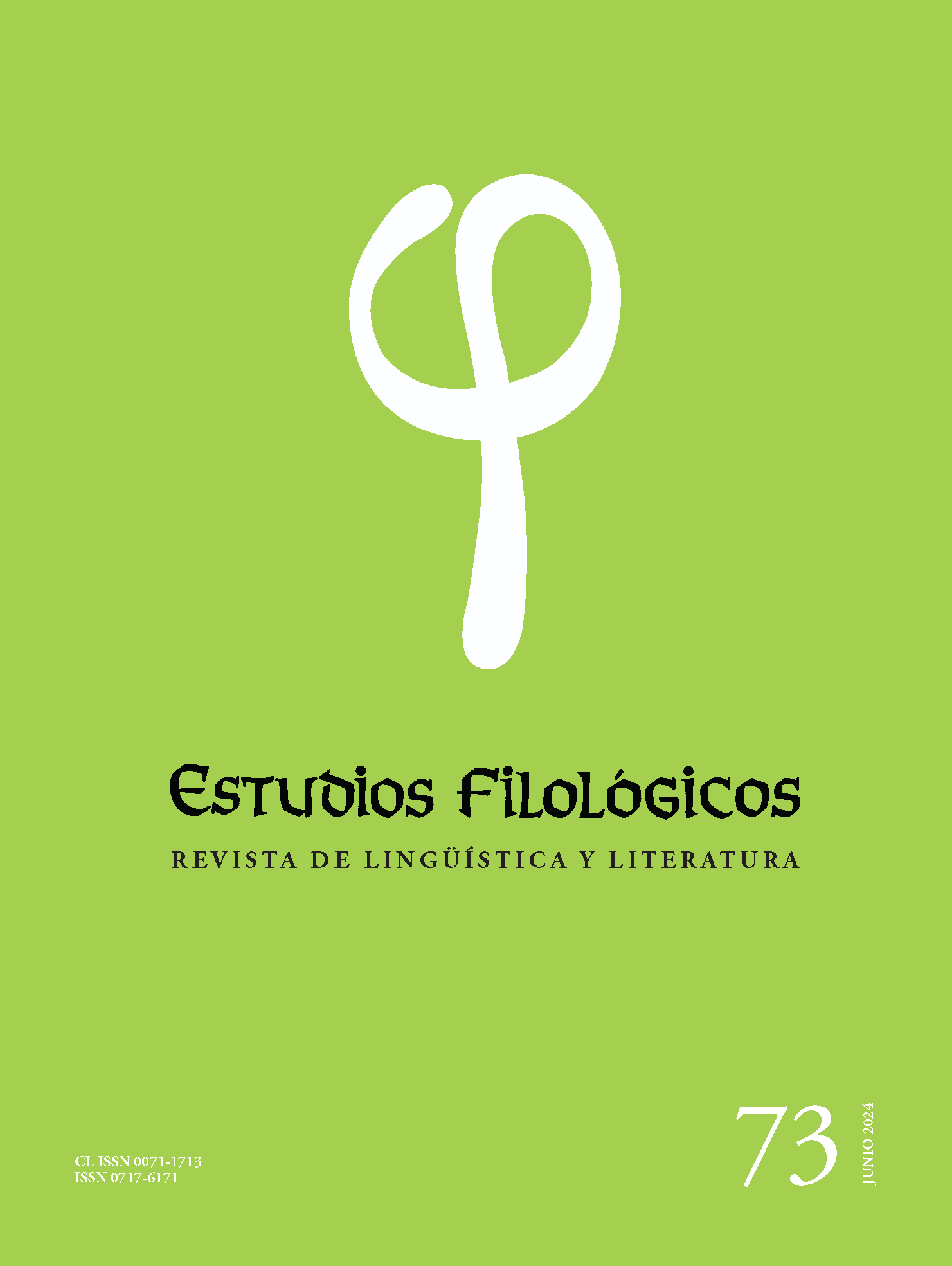Decolonial Motherhoods in the Murals by Colectivo Moriviví
Main Article Content
Abstract
This essay explores the representations of motherhood, female body and reproductive capacity in the murals by Colectivo Moriviví, an all women feminists political collective from Puerto Rico. The artists challenge the Marianist tradition that venerates female passivity, sexual purity and self- silencing, and go beyond a simple representation of mothers as figures that nurture Puerto Rican nationality. Instead, drawing on feminist and decolonial motherhood studies (Lugones, Rich, Lagarde), the collective activates different modes of mothering that vary from the inclusion of a new maternal imagery in their murals to artistic political interventions and community education and engagement. Their version of motherland is ecofeminist and decolonial as it prioritizes herstory and matrilineal genealogy originated in Taino cosmology and nature. If Paz para la mujer (2015) and Boys and Girls Club (2015) start to shape their ecofeminist decolonial agenda, the later murals use it actively, recreating Taino myths about the creation of the world. While in Cacibajagua (2017) labor allegorizes the (neo)colonial state of Puerto Rico, 8M: Abortemos el sistema (2019) advocates for the right of abortion and reproductive rights during the femicide epidemic and the severe economic crisis that affect women disproportionately. In contrast, Las mujeres hacen matria (2021) recovers women’s protagonism in Puerto Rican history and liberates decolonial love as a tool against the racist/patriarchal/colonial system.

